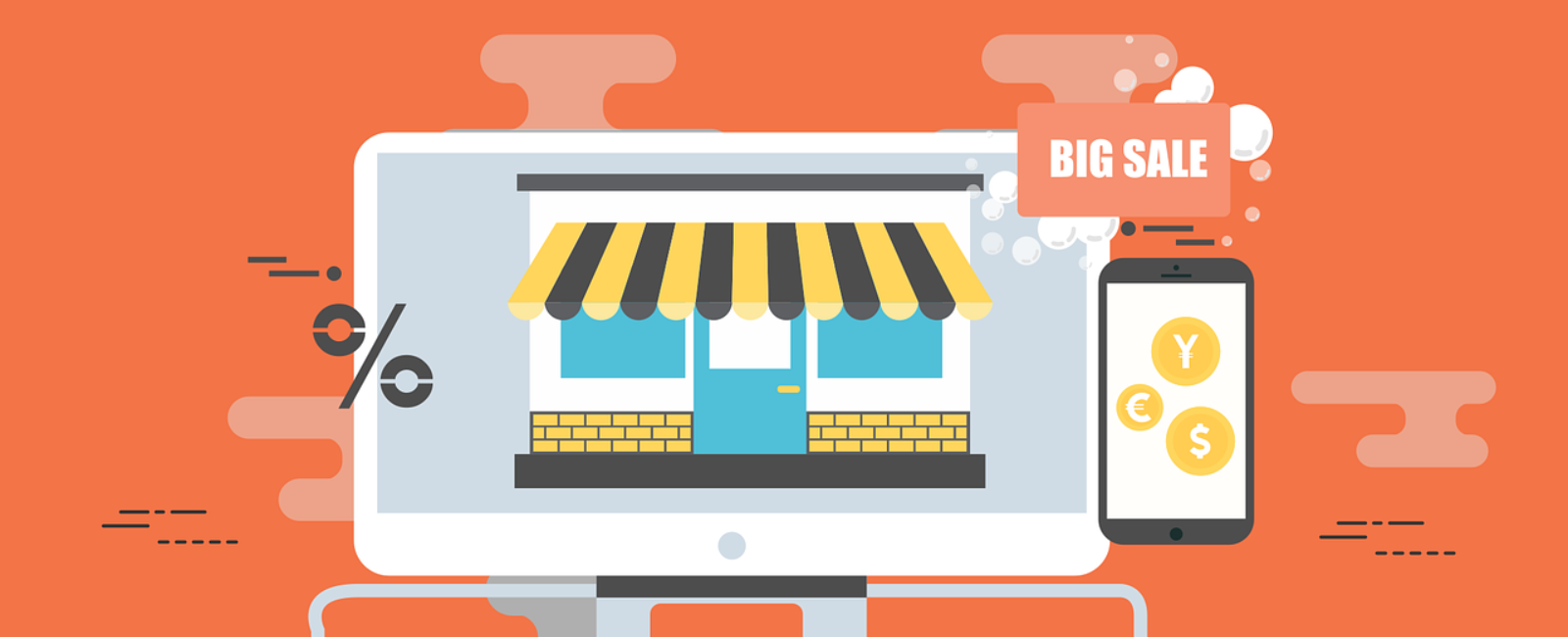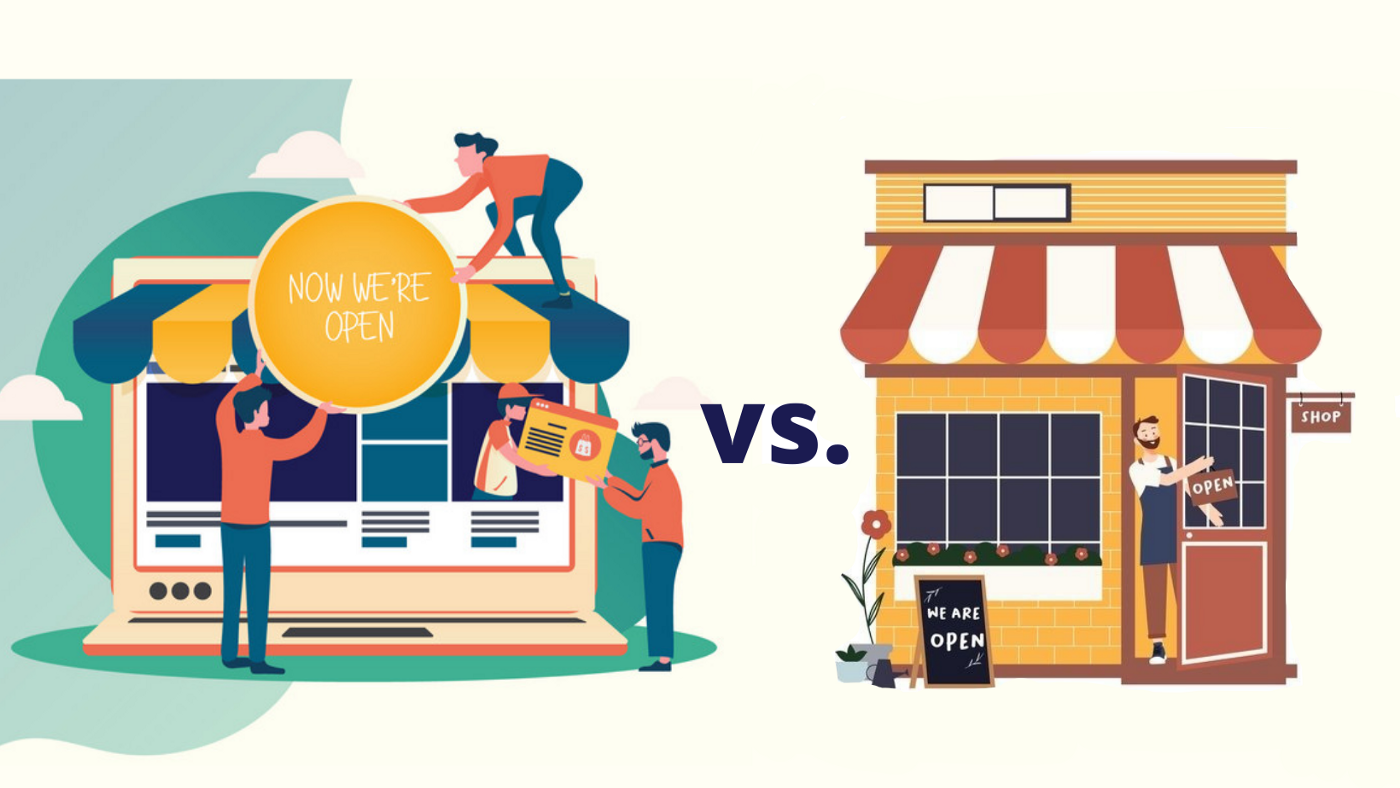|
0 Comments
E-commerce is booming, and the trend shows no indication of slowing down.
In fact, the trends indicate that there is a high degree of certainty that it’s going to overtake traditional retail in the future. You’ve been thinking about adding an ecommerce mobile app to your store, but are not sure if you should or not. Is it worth the additional overhead for your business? Spoiler Alert! It is!
Ecommerce mobile apps expand the volume of shoppers that can access your store. They do so in several ways. Consumer expectations for ecommerce personalization have been on the uptick. This is owing to the fact that, over the past decade or so, the trend toward personalization has become more prevalent in every digital industry.
Think about the last time you watched a show that Netflix recommended for you and absolutely loved it. What about when Amazon suggests products similar to others that you usually purchase? You’re about to launch your ecommerce store. You’ve got your product, your website, and even your marketing strategy all ready to go.
But there’s one thing you haven’t fully considered, and it’s a big one: product pricing. We talk a lot about the importance of high-intent shoppers around here.
But that doesn’t mean loyal shoppers aren’t equally as valuable. Quite to the contrary, in fact: customer loyalty is the backbone of most businesses. Customer service might not be the first topic to come to mind when brainstorming solutions to improve your ecommerce store’s sales conversion rate. But it should absolutely factor into every business owner’s equation.
Good customer service is one of the main drivers of customer attrition, i.e. the retainment of existing customers. And “it costs 5 to 25 times more to acquire a new customer than retain an existing one," according to a Bain study. Back in the day, trust in business was established primarily by word of mouth.
Friends and family members would recommend shops, restaurants and businesses, then you’d build your own trust on the foundation of a personal relationship with the shopkeeper. But in the globalized, digital economy, this is a much smaller reality. Of the billions of people that shop on the internet worldwide every day, few of them have any real intention of buying something.
Startlingly few, in fact. Just about 8% of online shoppers are high-intent shoppers. That means they're consumers with specific items in mind and a genuine intention to purchase them. The other 92% are just browsing. As an ecommerce store owner, it can be difficult to understand who your customers are because, most often, your customer engagements are simply numbers on a screen. You know how many visitors your site receives, how many carts are abandoned, and how often those carts lead to sales (also known as your sales conversion rate).
But it’s less clear who the individual shoppers are, and, more importantly, what motivates them. Well, know this: much in the same way each individual has a distinct personality, each visitor to your website is a different type of online shopper making each type valuable to your business in its own way. |














